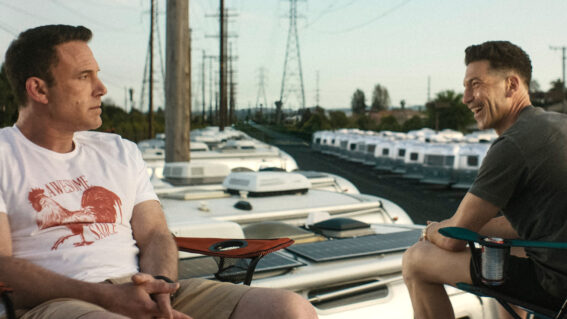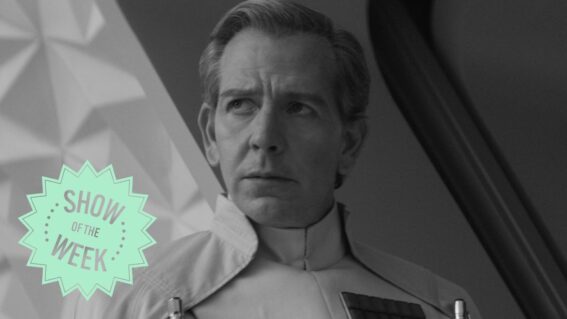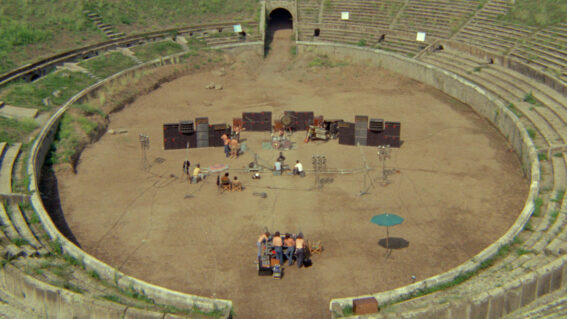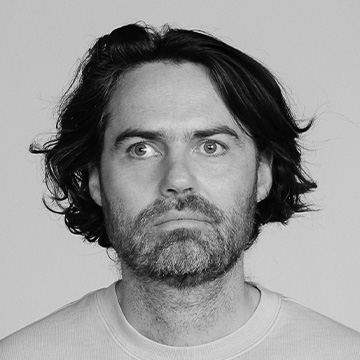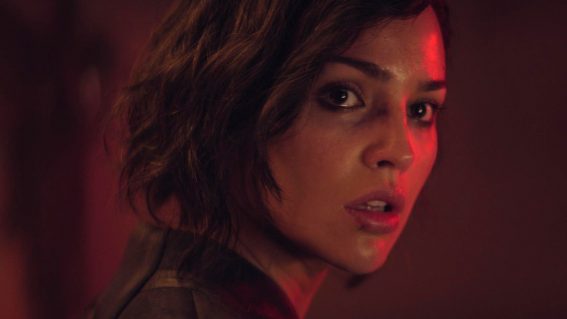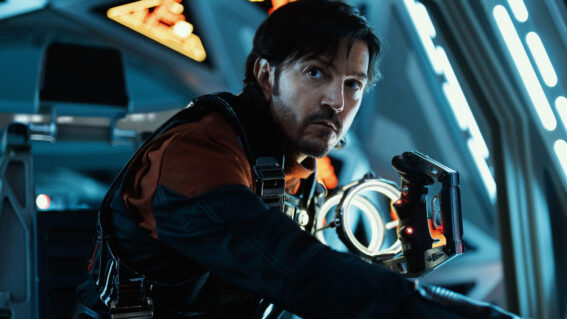Bosch: Legacy’s final season dares to reckon with the very idea of the righteous loner hero
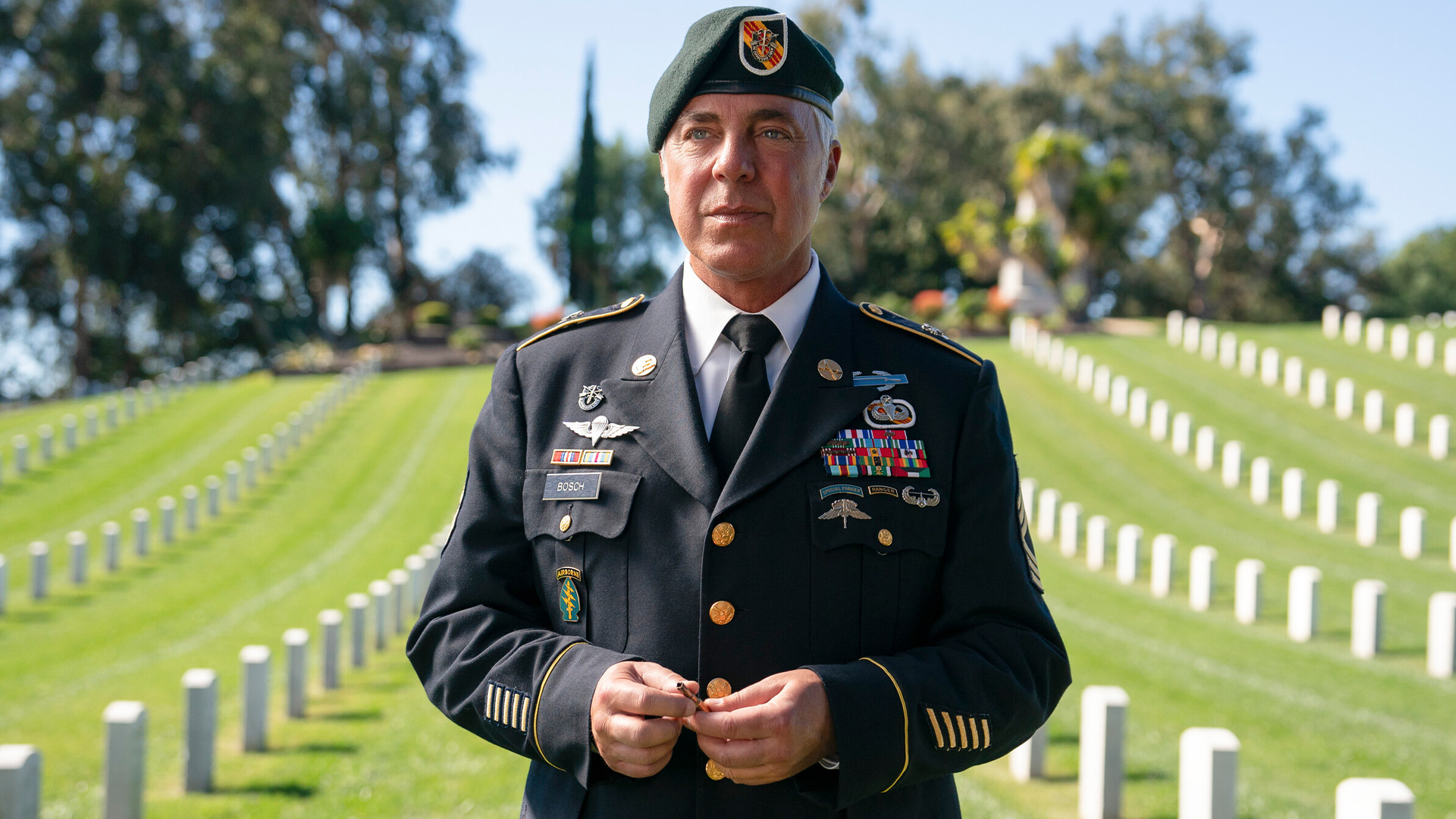
Beloved investigator Harry Bosch is back for a final season, in the last episodes of Bosch: Legacy – streaming on Prime Video. Daniel Rutledge unpacks one of streaming’s most upstanding heroes.
Detective Hieronymus ‘Harry’ Bosch is a beloved character because he’s the guy who, in his relentless pursuit of justice, is always right. His code is pure. He doesn’t bend, doesn’t compromise, doesn’t play politics. He quit the force because he couldn’t ‘let it go’, couldn’t back down from what he believed was right. He always knows what the honourable thing to do is, and he does it, no matter the cost.
But what if that was all bullshit? How many times have we willed him on to take down the bad guys while wilfully ignoring the bad stuff he does along the way? We fans have always celebrated Harry’s righteous rage, but in this final season, the show asks us to interrogate that righteousness and how clear-cut it really is. Don’t worry, it’s still a noir-soaked procedural and a thoroughly entertaining meat-and-potatoes dad show. But now it’s reckoning with its own legacy more directly than most other shows ever do.

As Bosch: Legacy season three starts, Frank Sheehan from Bosch’s fourth season is smartly brought back and his wrongdoing is mirrored against Harry’s. Frank was a cop with a drinking problem who, while not guilty of the high-profile murder he was accused of, did commit an act of vicious, racially charged police brutality. It was an objectively abhorrent act, but we never saw it from Frank’s point of view. Harry, on the other hand, we’ve always seen through Harry’s eyes, including when he commits objectively abhorrent acts of his own.
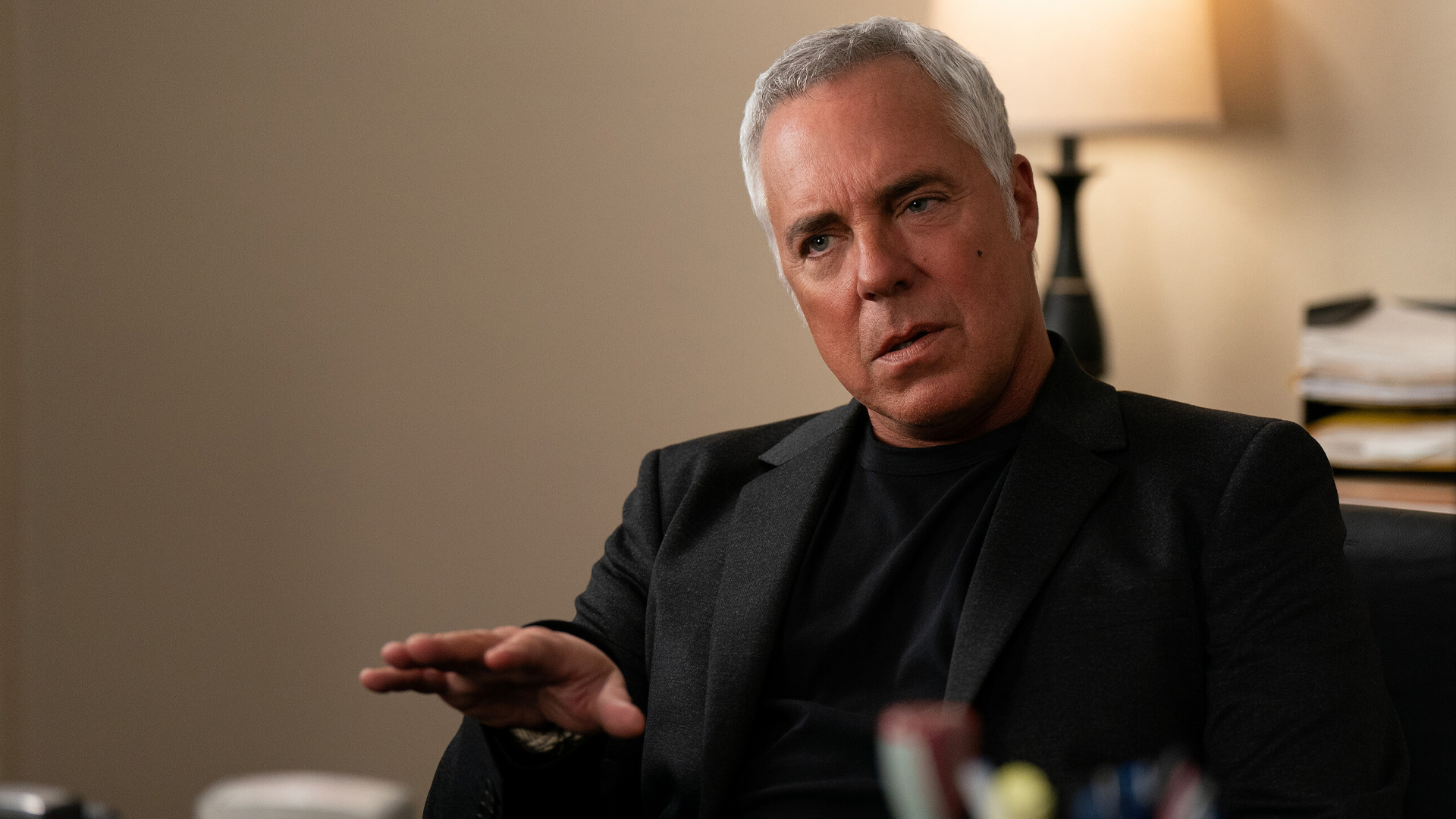
Such a moment came in Bosch: Legacy season two, when violent sex offender Kurt Dockweiler was in custody after kidnapping Harry’s daughter Maddie. We watched Bosch beat him and threaten him while he was restrained and defenceless. In the heat of that moment, with Maddie missing, it felt justified. But watching the surveillance footage replayed in season three, with Maddie safe and the urgency gone, it’s much harder to stomach. It was brutal. It was illegal. Yet Harry got away with it and we cheered him on as he did it, even though we recoiled at what Frank did.
Now Harry lives comfortably as a private investigator and part of Honey Chandler’s inner circle as she runs for District Attorney. He spends his nights as he always has: a whiskey or beer in hand, jazz on the stereo, gazing out over the city from his incredible Hollywood Hills apartment. Frank, meanwhile, is barely surviving. He’s cleaning toilets by day, disowned by his family, bitter at how the LAPD discarded him.
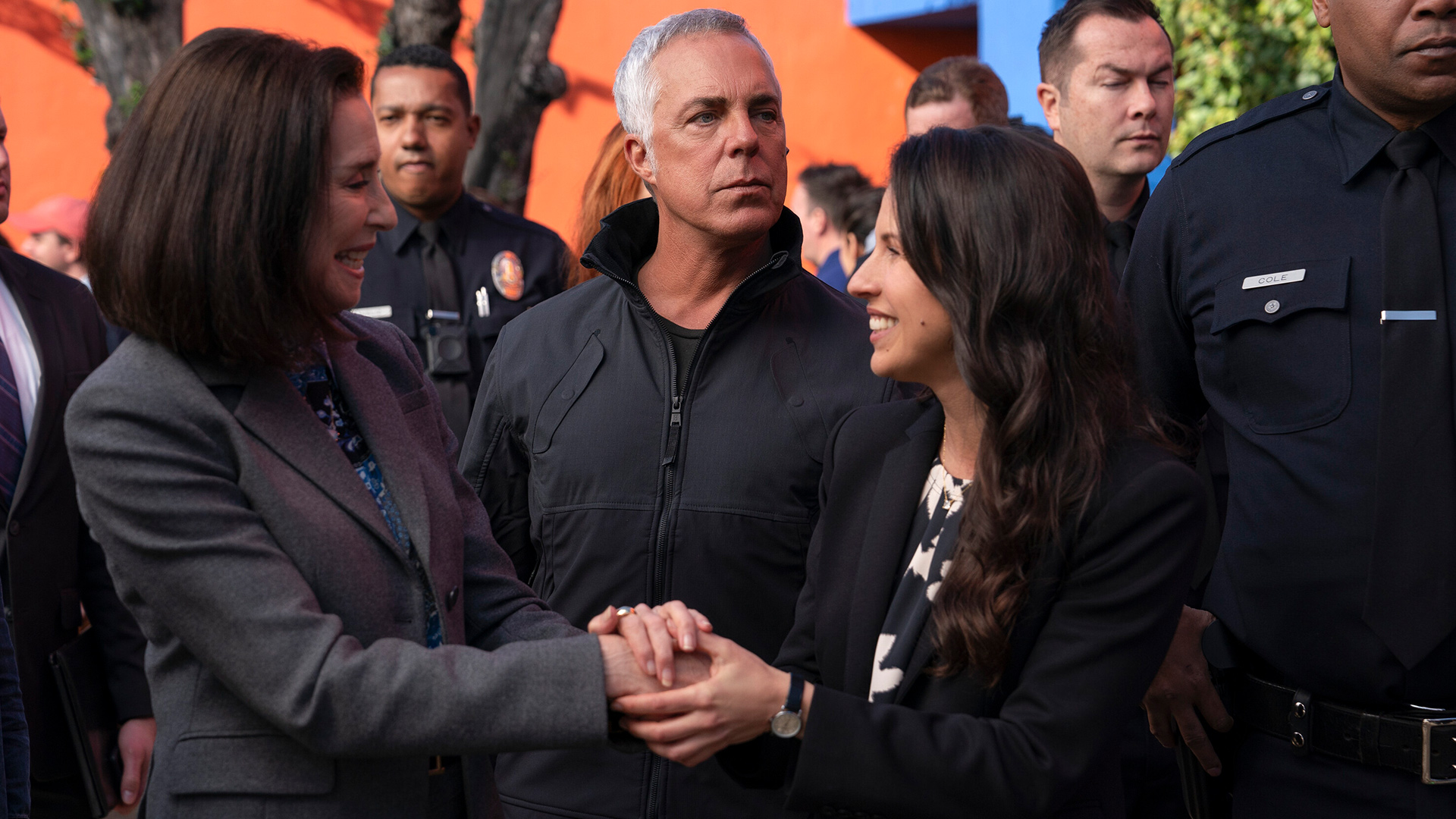
“I was abandoned like a motherless child,” he tells Chandler, aggrieved that the man he brutalised got millions in compensation. “I didn’t know he was innocent. I was just trying to do my job and sticking a pencil in his ear was the best thing that ever happened to him,” he says. By the end of episode one, Frank’s story ends on a grim, tragic note, and the contrast with how Harry is living is a real gut punch.
Of course, we’ve seen Harry do more than what he did to Dockweiler in that interview room. Over the past decade, he’s killed plenty of people for our entertainment. One key thread this season is whether or not he took things to a whole new level by orchestrating Dockweiler’s murder in prison. Maddie, now a cop herself, is wrestling with that question, just as we are.
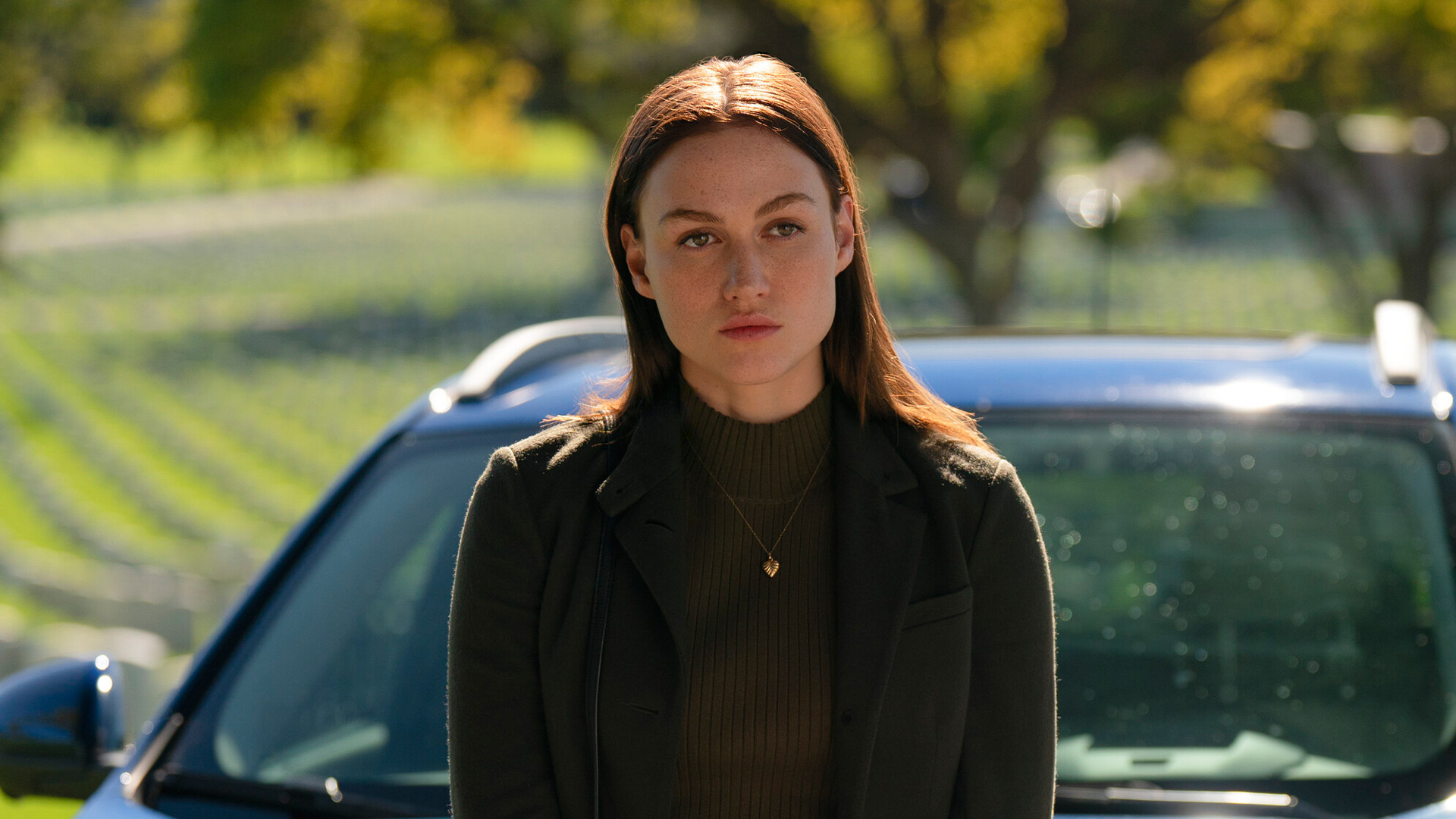
Then the show throws something even more devastating at her. In episode two, she meets one of her dad’s old army buddies, who recounts a story from Afghanistan in which Harry seemingly killed an unarmed enemy prisoner. To the soldier, it was a heroic act that earned Harry the respect of his unit. To Maddie, it’s another shattering crack in the image she built her entire moral compass around. Her dad, who is her hero, may not be the man she’s always believed he was. Her whole life might be based on a lie.
Maddie’s identity crisis plays out while she and her partner investigate a series of follow-home armed robberies. Meanwhile, the Dockweiler investigation and Chandler’s political campaign unfold, with all narrative threads wrapped around a classic Bosch investigation into the sinister disappearance of nearly an entire family.
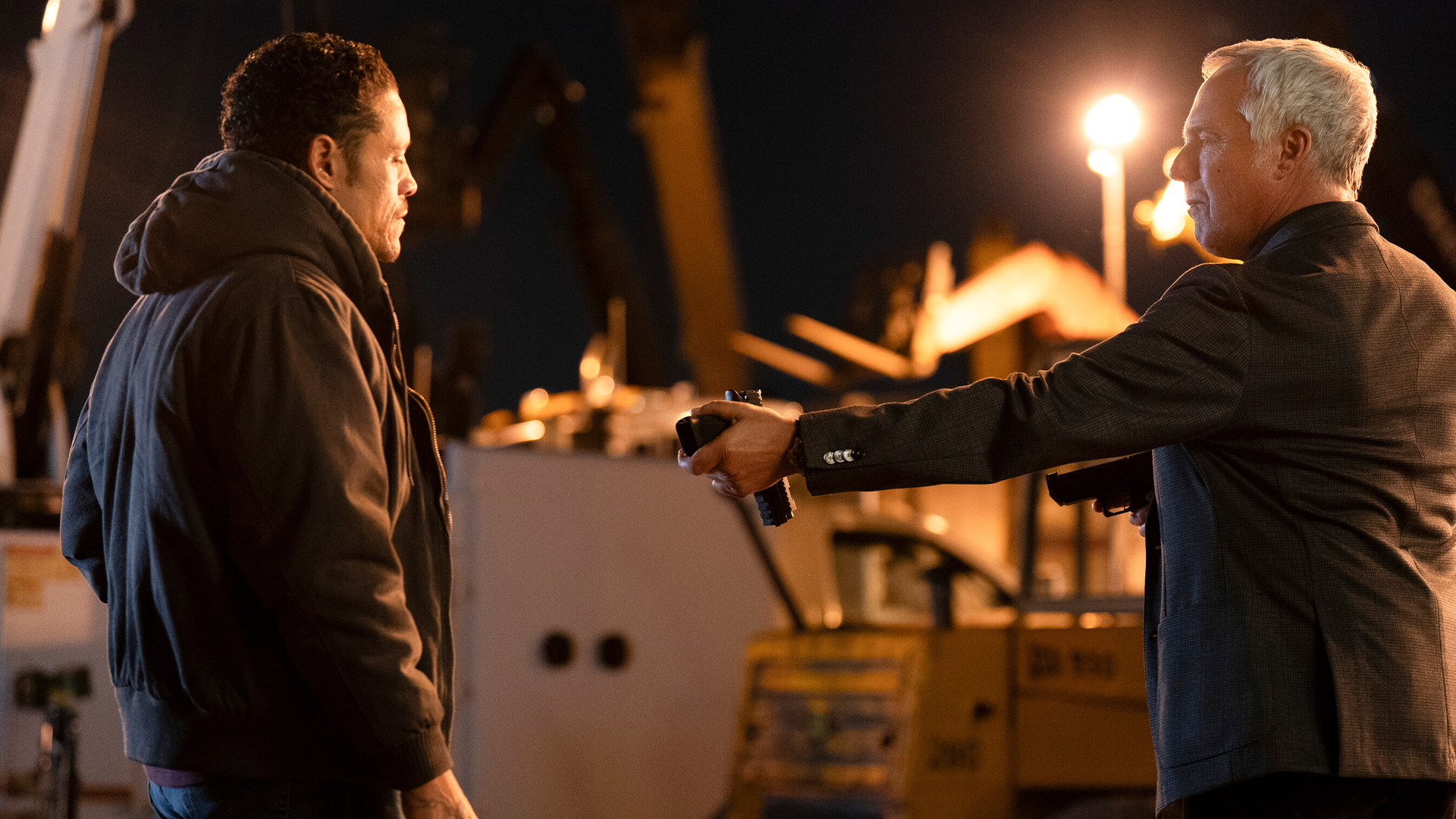
As is the Bosch way, all of this plays out across Los Angeles and was filmed entirely on location, a sadly rare move in this era of cheaper overseas production. Fans of the city itself will recognise countless familiar streets and places like the Bradbury Building, Musso & Frank Grill, and both El Compadre and El Coyote.
It’s hard to think of another show that does LA noir this well. The shitty old neon signs. The battered apartment blocks with stairs that smell like heat and regret. The tequila-soaked bars. I’m going to miss them, if this really is the end of Harry Bosch.
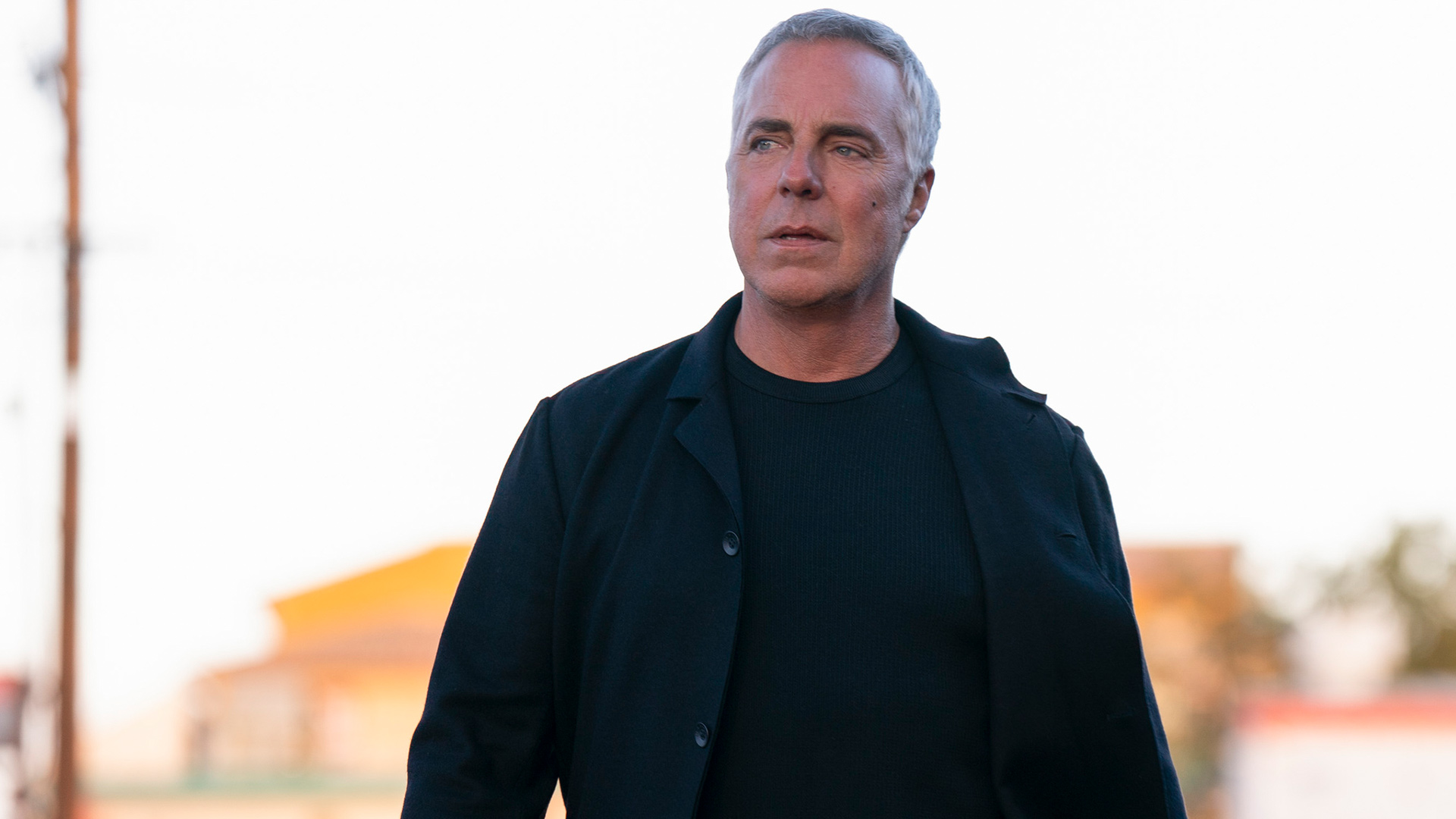
If it is, it’s a damn good way to go out, with a final season that challenges the character instead of just celebrating him. It gives us the same hard-boiled Bosch we’ve always loved, but dares to reckon with who he really is, and with the very idea of the righteous loner hero, as uncomfortable as that may be. In the end, even though it’s himself under the microscope, that is just how Bosch would want to go out: uncompromisingly hunting what’s right in a world that keeps getting more wrong.


